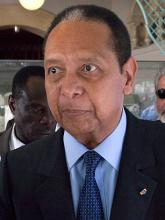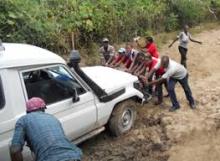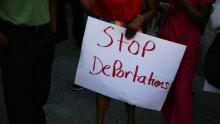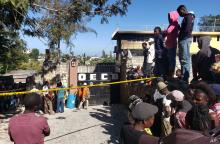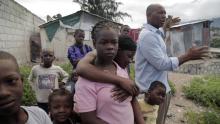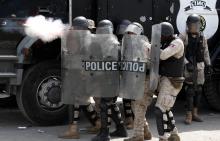The Legacy of a Human Rights Champion
Part of the reason we made this website was to highlight good work being done by good people, especially Haitians, for the betterment of the country. Haiti has many overlooked heroes, too many of whom pay the ultimate price for trying to bring about a more just society. Monferrial Dorval, former head of the Port-au-Prince Bar Association and international human rights champion, was assassinated on August 28, 2020. His legacy was remembered on 10 December which is International Human Rights Day. He was committed to the rule of law, human rights, and drafted a bill that would prevent Haitians in Haiti and abroad from not having citizenship due to gaps in civil registration and documentation. May his example be an inspiration to others.

